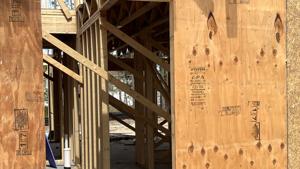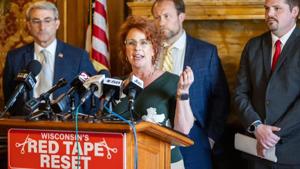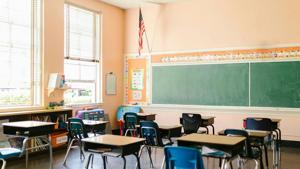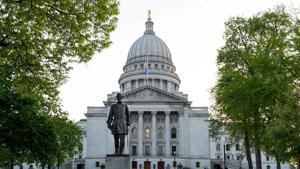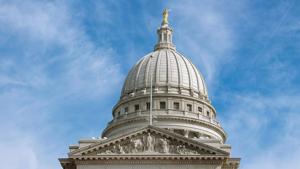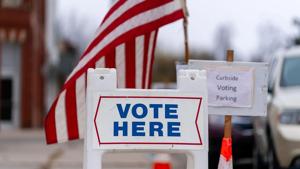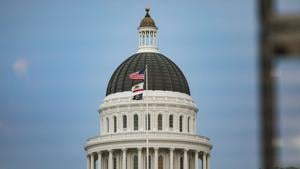(The Center Square) – A group of Wisconsin lawmakers are working on legislation to enable sports wagering throughout the state, but the law could meet legal opposition since the Wisconsin Constitution states “the legislature may not authorize gambling in any form” outside a few exceptions, including bingo, raffle games, pari-mutual racing and some forms of lottery.
The new legislation would change the state’s legal definition of a bet by stating that bet does not include a sports wager by a person “physically located in this state using a mobile or other electronic device if the server or other device used to conduct such event or sports wager is physically located on a federally recognized American Indian tribe’s Indian lands.”
A bet that fits the state statute definition of “bet” is currently a misdemeanor offense in Wisconsin.
While the proposed Wisconsin hub-and-spoke model has already been approved in Florida, Wisconsin has a different constitution with different definitions that would need to hold up in court if challenged.
Lucas Vebber, deputy counsel for the Wisconsin Institute for Law and Liberty, has looked into the details of how Wisconsin went from a state that doesn’t allow gambling to one that earns revenue each year through gaming compacts with tribes in the state.
“This is a huge industry, obviously, in Wisconsin,” Vebber told The Center Square. “But the way we got there is just an interesting narrative of kind of this legal back and forth. People kind of forget that sometimes and I just like to point it out and how this all came to be.”
Vebber was clear that he and WILL are not planning a lawsuit on the legislation.
But he detailed the history of legal gaming in the state, from the original ban to amendments in the 1960s and 1980s to allow the exceptions to the law to the federal Indian Gaming Regulatory Act, gaming compacts negotiated in 1991 and 1992 by Gov. Tommy Thompson and then a state constitutional amendment that banned most gaming in 1993.
After a challenge, the compacts were allowed to continue because they were approved before the amendment and they were allowed to be amended themselves in the future, including to allow for sports wagering on tribal lands several years ago, something the new legislation would expand upon.
“The question is does that violate Article 4, Section 24 of the constitution, which is pretty clear that the Legislature doesn’t have any authority enact any bill that authorizes gambling in any form,” Vebber said.
He noted that the opposing viewpoint could be that wagering is already authorized and this legislation is just changing the definition of where that occurs.
“It’s something that I don’t think have ever been contested … certainly not in this context, that I am aware of,” Vebber said.
The cleaner way to avoid legal challenges would be to create a new constitutional amendment to allow for sports wagering. But that would have to pass two different Legislatures and then go to a statewide vote.
The new legislation states “this bill does not authorize gambling on its own; it only is one part in a multi-step process to create the legal framework necessary for Wisconsin to participate in mobile sports wagering under tribal compacts,” it reads. “Gaming compacts between states and tribes need to be federally approved by the U.S. Department of Interior before going into effect.”
That means which sports wagering companies are able to work with the tribes on statewide mobile wagering and what level of shared revenue will come from the expanded sports wagering is still to be determined.
Each of the tribes has a compact currently in place with the state where the state earns a percentage of tribal gaming revenue.
The bill estimates it will bring hundreds of millions of illegal bets into legal sportsbooks in the state, stating the change “generates new revenue through tribal gaming compacts and reduces consumer risk from offshore operators.”
In 2024, the state received more than $66 million in shared revenue payments with nearly $66 million in 2023 and nearly $57 million in 2022.


